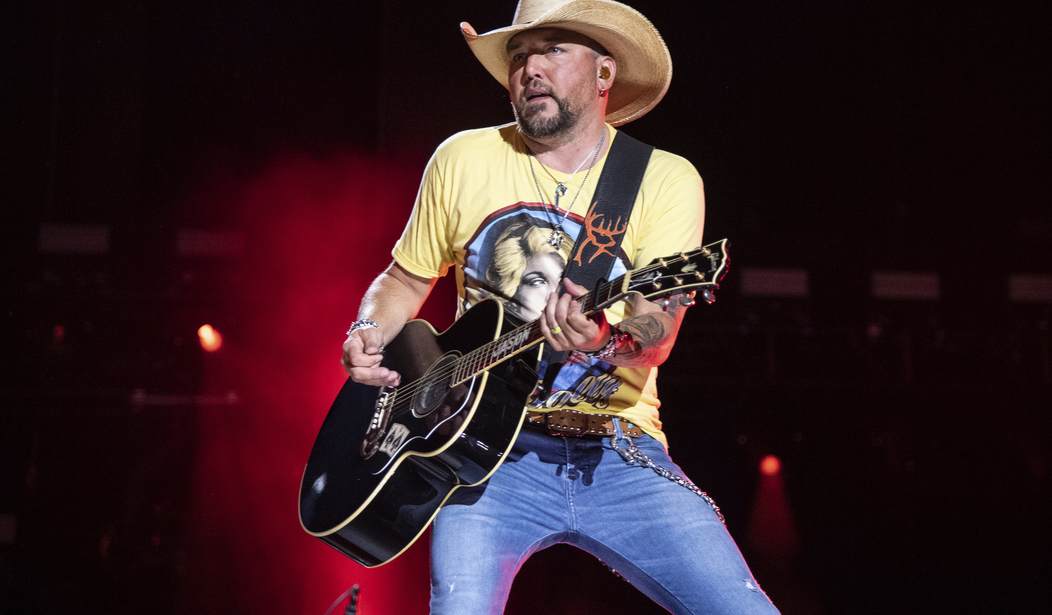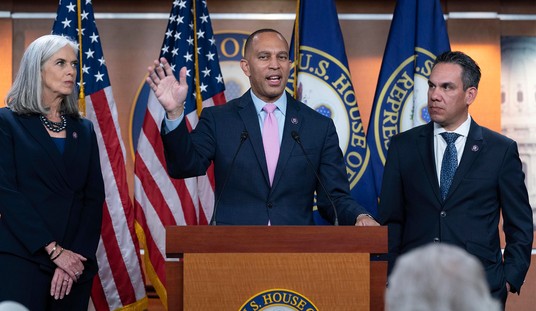It appears the woke, not satisfied with having achieved a position of dominance in America’s institutions, are now going after uncharted territory: country music. Apparently, the industry is not inclusive enough of “people of color” and members of the LGBTQ community.
The progressive solution? Badger country music fans and industry executives into embracing progressivism within its ranks. While country music does seem to be going through a bit of an evolution, it would be better if progressives stopped their crybullying and allowed people to make the music their audience likes.
Over the past months, two country artists have come under attack from the hard left for the usual type of braindead reasons. For starters, singer Luke Combs came under fire recently for committing the unpardonable sin of covering Tracy Chapman’s “Fast Car.” The problem? The fact that his rendition of the song became popular was somehow a reminder that black, queer women like Chapman would not have such an easy time climbing the charts in the world of country music. The left whined about the song even though Chapman herself gave Combs her blessing to record it.
Next, we have Jason Aldean, who released a video for his song titled “Try That In a Small Town,” in which he cautioned would-be Antifa and Black Lives Matter rioters not to carry out their antics in rural America. Even if you haven’t already heard of this story, you already know what happened, right? Folks on the left pounced on yet another opportunity to call someone racist, even though the music video featured mostly white folks engaging in violent behavior. Country Music Television bowed to the woke mob and removed Aldean’s video from its rotation.
Columnist AJ Willingham recently penned an op-ed detailing this issue:
These two songs, so differently received yet recorded under the same big country umbrella, are an embodiment of the crossroads where country music currently stands. Like all musical traditions that fuse, evolve and splinter, country music and its legions of fans are engaged in a negotiation for the genre’s main identity.
Do they embrace the class-conscious, anti-capitalist forefathers and foremothers who played in prisons and supported laborers and held staunchly leftist views by today’s standards? (They still live today: Willie Nelson is a proud Texas Democrat and Dolly Parton an LGBTQ ally.) Do they turn up the party-happy “Bro Country” of the early 2000s, or champion the red-white-and-blue anthems that still represent, for so many, a platonic ideal of patriotism?
Do they welcome the fresh influx of non-White country artists, or ignore the inheritance secured by the voices of Black and Latin American artists who helped build the genre? Do they sing with these voices, or sing over them?
Moreover, what can be accepted? Queer country acts are on the rise, but will they ever join country’s highest ranks of outcasts, rebels and beaten-down lovers? Or will songs with even a hint of pro-LGBTQ themes, like Kacey Musgraves’ “Follow Your Arrow” or Little Big Town’s “Girl Crush” continue to be met with friction?
The author also questioned whether the “myriad interpretations of country music” could “exist side by side.”
I have an idea. How about letting the industry and fans decide what they like? Shouldn’t those consuming the music be the ones who ultimately decide where the musical traditions go?
For example, for decades, most might have believed it would have been almost unheard of for black country singers to be a thing. It’s not true. There were plenty of African American country crooners over the history of the art form, including Dom Flemons, Charley Pride, and even Ray Charles. But that’s the perception, nonetheless. But even now, more black musicians are making a splash in the industry, including Darius Rucker, Brittney Spencer, and others.
And you know what’s crazy about this? It didn’t require any badgering from white progressives caterwauling about how non-inclusive the industry is. It happened organically. As it turns out, country music fans aren’t anywhere close to being bigoted enough to dislike a great country singer because they might happen to have more melanin. Yes, the industry leans more conservative and probably always will. But this does not mean there is not room for people from different backgrounds.
The fans will decide what they like. Artists who make great music should do well. It won’t happen overnight, but musical traditions always change over time to keep up with the current era. There is absolutely no need to “wokify” country music. In fact, doing so will likely make the art form less desirable because far-leftists ruin everything. Perhaps instead of trying to force country music to change, it would be better to simply leave it alone.













